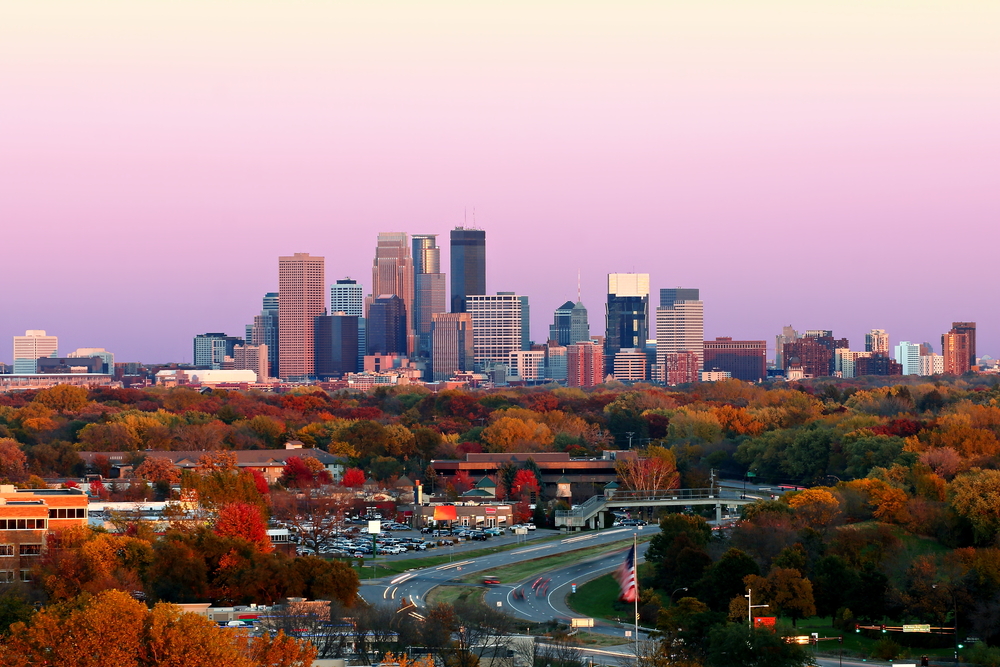
-
HOME
-
WHAT IS STANDOur Mission Our Values Our Help Contact
-
WHAT WE FIGHT FORReligious Freedom Religious Literacy Equality & Human Rights Inclusion & Respect Free Speech Responsible Journalism Corporate Accountability
-
RESOURCESExpert Studies Landmark Decisions White Papers FAQs David Miscavige Religious Freedom Resource Center Freedom of Religion & Human Rights Topic Index Priest-Penitent Privilege Islamophobia
-
HATE MONITORBiased Media Propagandists Hatemongers False Experts Hate Monitor Blog
-
NEWSROOMNews Media Watch Videos Blog
-
TAKE ACTIONCombat Hate & Discrimination Champion Freedom of Religion Demand Accountability
Minneapolis Is First Major U.S. City to OK Dawn-to-Nightfall Muslim Calls to Prayer
The Minneapolis City Council has unanimously agreed to amend its noise ordinance to permit the Islamic call to prayer at all times of day required by Muslim religious doctrine, making it the first American metropolis to do so.

Traditionally the call to prayer was done by a muezzin, a person posted at the mosque’s minaret who could recite the call clearly and loudly enough to be heard by the entire community. The call happens five times daily, beginning at dawn and carrying through to sunset. In modern times, a recording and loudspeaker replaces the live voice.
Due to local noise ordinances forbidding dawn and late evening calls, no other major U.S. city has permitted the public amplification of the Muslim call to prayer all five times daily until now.
“Minneapolis has become a city for all religions.”
Last June, Minneapolis became the first major U.S. city to allow even a limited public broadcast of the call to prayer, restricting it to three times a day rather than the required five. Accordingly, the city’s two dozen mosques set up rooftop sound systems and began meeting with the surrounding communities to inform them and address any concerns.
Now, with the support of Christian and Jewish leaders, there are no restrictions on the call—which must be broadcast when light first appears at sunrise, then at noon, then mid-to-late afternoon, then sunset and finally nightfall. (In Minnesota, the sun can rise as early as 5:30 a.m. and can set as late as 9 p.m.)
Among several Muslim leaders at the Council’s vote was Imam Mohammed Dukuly of Masjid An-Nur mosque in Minneapolis. “Minneapolis has become a city for all religions,” he said, reflecting on the vote.
Minnesota has a growing Muslim population that stands today at approximately 140,000, with Minneapolis as its hub. The state’s 5th District, located in Minneapolis, is represented by Somali Muslim Ilhan Omar, and there are three Muslim members on the Minneapolis City Council.
Jamal Osman, one of those three councilmen, said that hearing the call to prayer from local mosques brings him joy. “It’s something I grew up with, but not my children,” he said.






